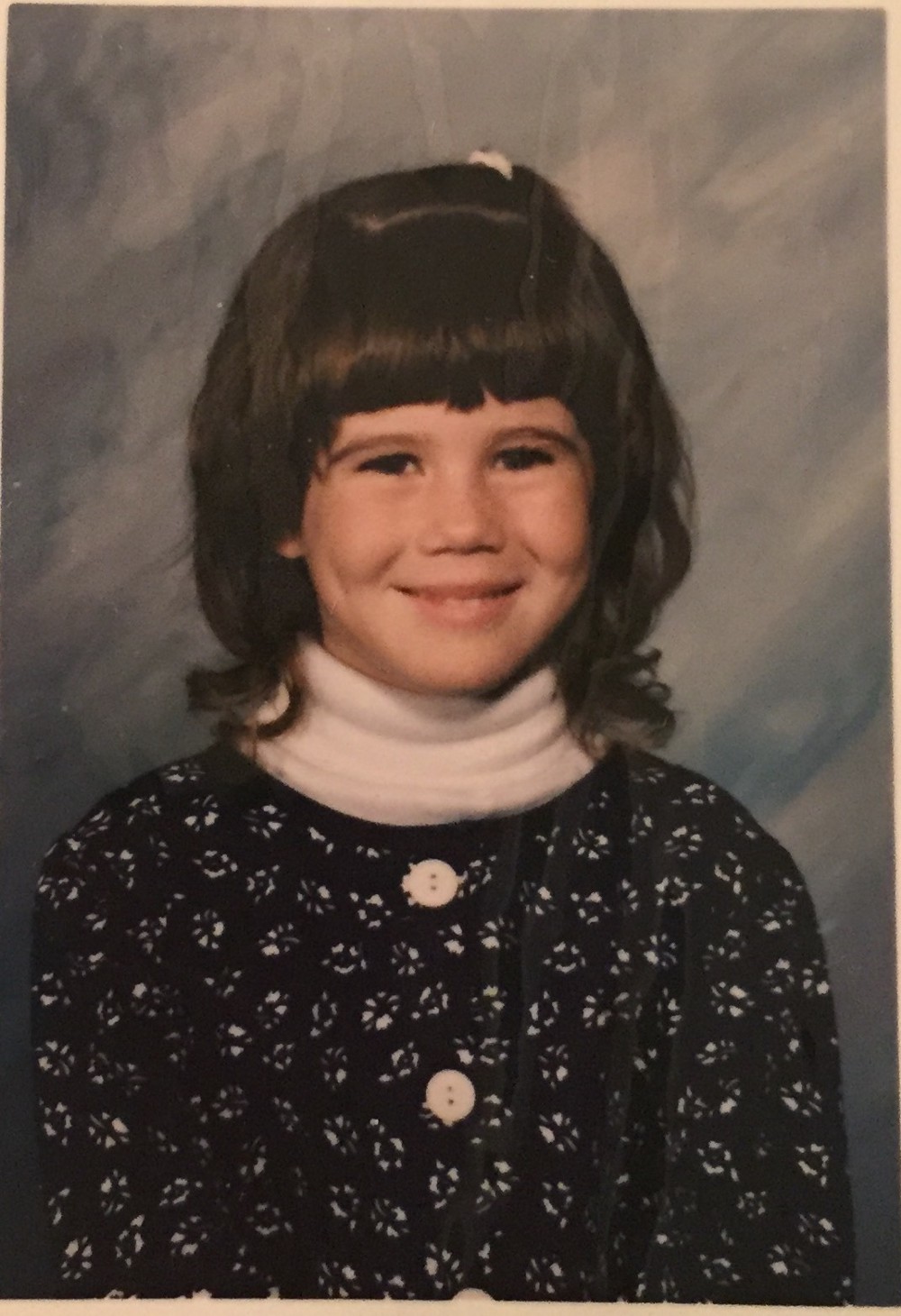Stirring Up Change
My focus is not on whether kids can knock it out of the park on some science test in grade three. What I care about is that kids are inspired to be better people because of their experiences in my school. -George Couros
I agree 100% with the statement above. But is anyone else out there afraid to say it out loud? There is so much pressure in our culture to “get good grades” and raise standardized test scores.

When I think back to my elementary school years these are memories that stick out to me:
My 1st grade teacher correcting my finger position on my pencil.
Making glue blobs in our desks, peeling them off once they were dry.
A project about seeds that I completed with my grandma.
My 4th grade teacher hugging me when I was told my grandmother had passed.
Learning how to weave a scarf with yarn.
Catching frogs at the creek by our school, and them becoming our class pet in the classroom (bless that 6th grade teacher).
Overall, I had a great school experience. But do you notice that none of my memories revolve around content? I trust that those teachers taught me many of the things that are stored away in my brain somewhere, but much of that content is buried in cobwebs. Did I perform well on tests? Yes, in fact, I graduated high school with a 4.0, but I had figured out the system by the time I reached high school. I rarely studied, and never engaged in anything except yearbook. My high school teachers may be a little disappointed to know I NEVER read a SINGLE book in high school!
Being the student I explained above is what led me to be a teacher. I want to change the experience kids have coming to school. During a conference session I attended today, the presenter mentioned a student told her he read a book for the first time in her class… he was an 8th grader! Another student stated that she is NOW a reader! It should not take until 8th grade for students to feel like readers! While I am so grateful for this teacher, it saddened my little elementary heart that it took until 8th grade for these kiddos to complete a book or view themselves as a reader. Instead of dwelling on this thought, I challenged myself… would any of my students be that student in 8th grade? I feel confident in saying no, but it is always important for us to reflect on our practices. What are we doing to empower kids and help them take ownership in their learning?
Randy Watson, Kansas Commissioner of Education, asked the question: Who are the kids who get individualized learning plans? Teachers were quick to identify two of the groups, special education students and the kids sent to alternative schools. Why does it take those drastic measures before creating a learning path that directly relates to the child? Is it possible to create an individual learning path early on for every student that would cut down on the number we needed for those specialized programs? Why don’t the other 90% of kids deserve an individualized learning path? With an individualized learning path we stop determining which parts of history are most important for them to learn, and what books are the ones that will shape their lives forever… it becomes* their choice!*
Right now, I’m not sure what this would even look like. And I know some teachers would be ready to throw tomatoes at me if I stood on a stage and proposed this. I can even hear the resounding teacher voices, “Do you know how much time that would take?” But my thought is… if we truly took the time to get to know kids, help them discover their passions, and work with them to document their work… wouldn’t it pay off in the long run? What if there was less disconnect between school years, and a more continuous path of learning? The idea to disband “grade levels” is an interesting one, but that is a huge change to embrace for many. This kind of questioning requires a culture of innovation and not just pockets of innovation. Everyone has to be on board and working as a team. You can’t have some teachers choosing not to participate and you also can’t force teachers to do something they don’t want to do. If I can spark a growth mindset in the people around me, together we can tackle some of these heavy questions. And if we are humble in taking the risk the following will grow! I just need to find some of my first followers…
I’m looking forward to part III of The Innovator’s Mindet to start exploring and reflecting on how we build a team of professionals that are working cohesively towards the same goal. A team that is not afraid to ask questions. A team that is ready to determine our solid why.